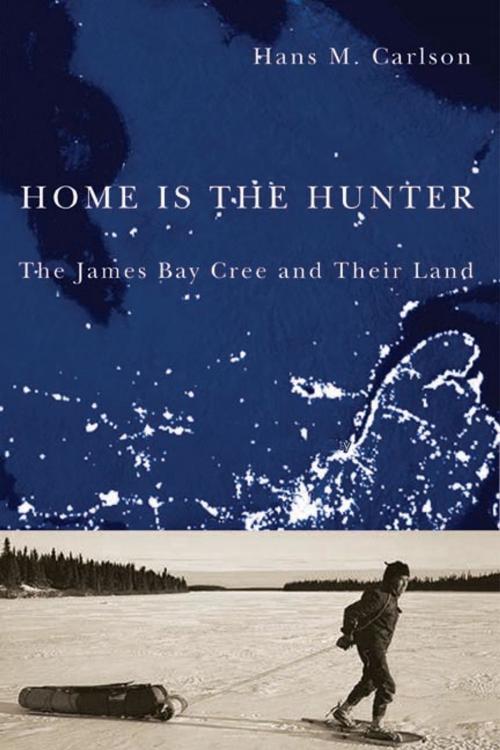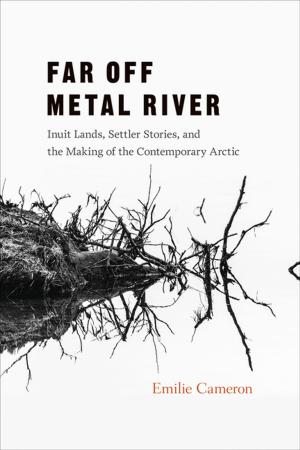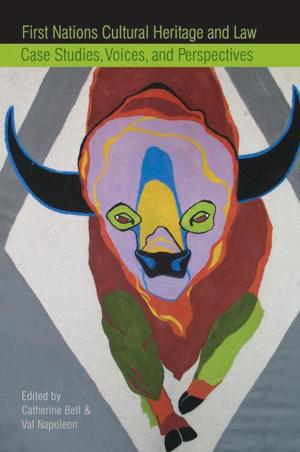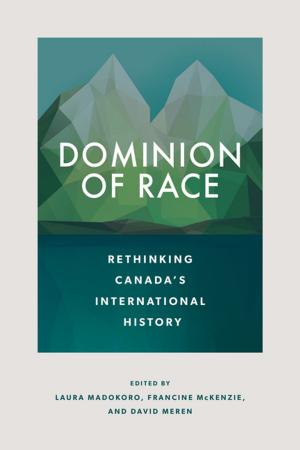Home Is the Hunter
The James Bay Cree and Their Land
Nonfiction, Social & Cultural Studies, Social Science, Human Geography, History, Canada, Americas, Native American| Author: | Hans M. Carlson | ISBN: | 9780774858519 |
| Publisher: | UBC Press | Publication: | May 1, 2009 |
| Imprint: | UBC Press | Language: | English |
| Author: | Hans M. Carlson |
| ISBN: | 9780774858519 |
| Publisher: | UBC Press |
| Publication: | May 1, 2009 |
| Imprint: | UBC Press |
| Language: | English |
The James Bay Cree lived in relative isolation until 1970, when Northern Quebec was swept up in the political and cultural changes of the Quiet Revolution. The ensuing years have brought immense change for the Cree, who now live with the consequences of Quebec's massive development of hydroelectricity, timber, and mineral resources in the North.
Home Is the Hunter presents the historical, environmental, and cultural context from which this recent story grows. Hans Carlson shows how the Cree view their lands as their home, their garden, and their memory of themselves as a people. By investigating the Cree's relationship with the land and their three hundred years of contact with outsiders, the author illuminates the process of cultural negotiation at the foundation of ongoing political and environmental debates.
This book is more than a story of dam building and industrial logging in northern Quebec. It offers a way of thinking about indigenous peoples' struggles for rights and environmental justice in Canada and elsewhere.
The James Bay Cree lived in relative isolation until 1970, when Northern Quebec was swept up in the political and cultural changes of the Quiet Revolution. The ensuing years have brought immense change for the Cree, who now live with the consequences of Quebec's massive development of hydroelectricity, timber, and mineral resources in the North.
Home Is the Hunter presents the historical, environmental, and cultural context from which this recent story grows. Hans Carlson shows how the Cree view their lands as their home, their garden, and their memory of themselves as a people. By investigating the Cree's relationship with the land and their three hundred years of contact with outsiders, the author illuminates the process of cultural negotiation at the foundation of ongoing political and environmental debates.
This book is more than a story of dam building and industrial logging in northern Quebec. It offers a way of thinking about indigenous peoples' struggles for rights and environmental justice in Canada and elsewhere.















